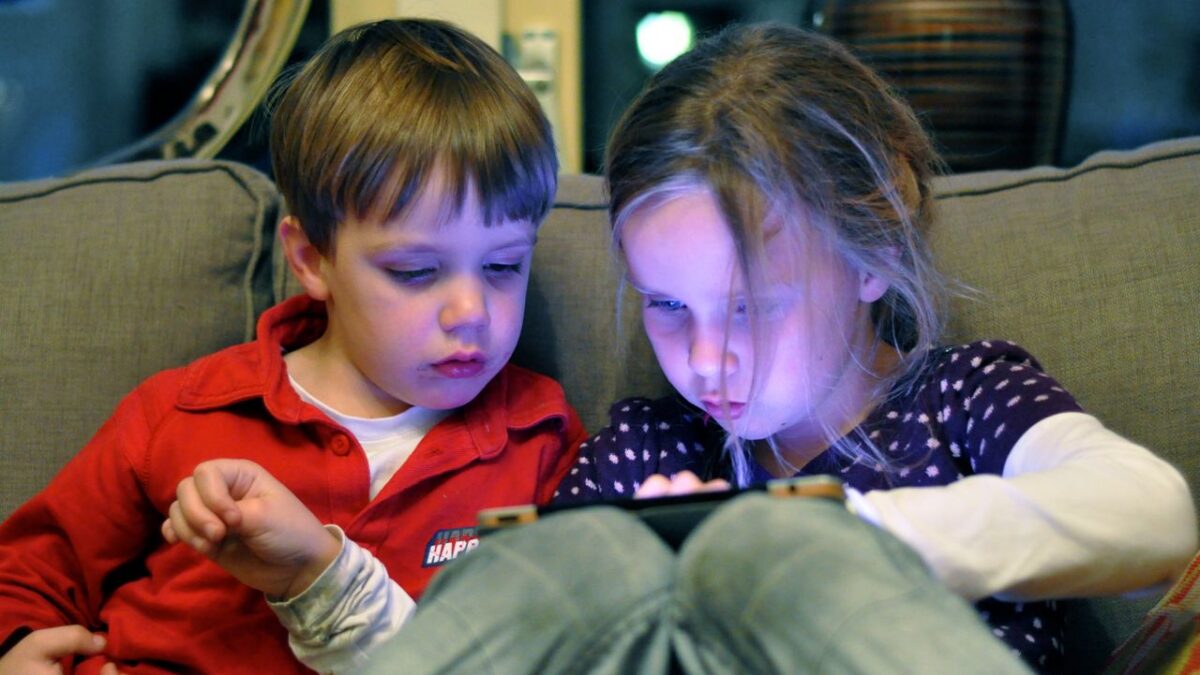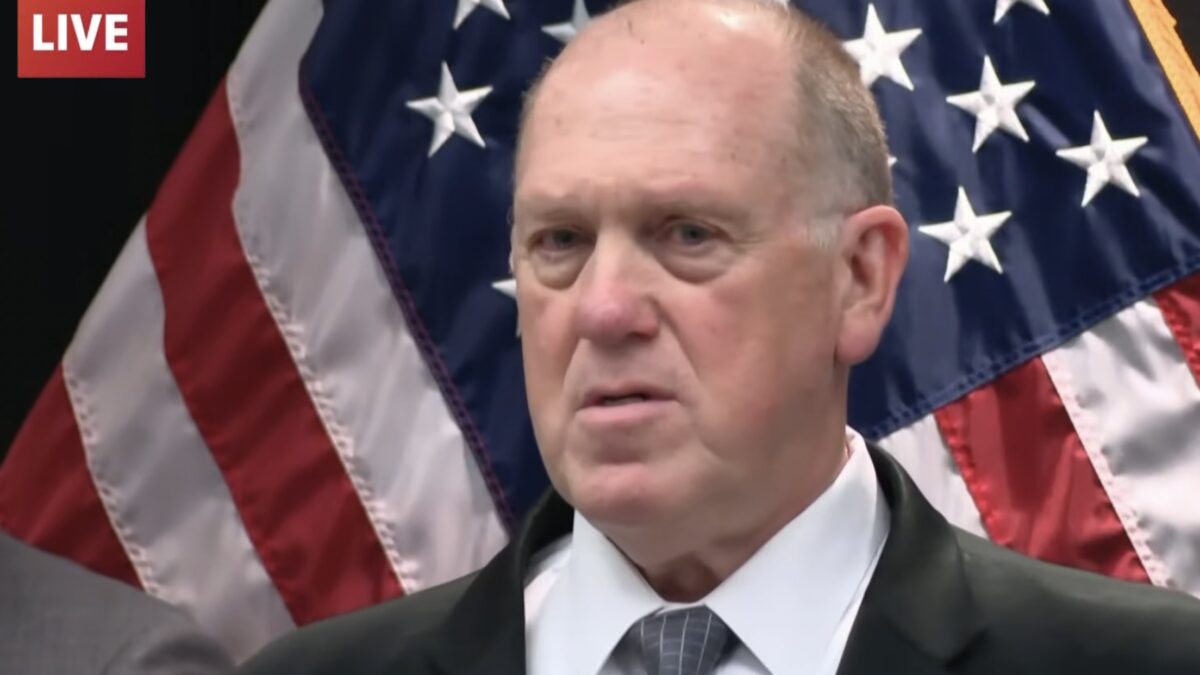
Back in 2008, Lenore Skenazy left her nine-year-old in Bloomingdale’s, New York City with only a subway map, a MetroCard, and some money (no cell phone!), and told him to find his own way home. He managed to do so, but the ensuing controversy ultimately led to Skenazy founding an entire movement known as Free Range Parenting. It’s an idea that I like in theory but can’t bring myself to wholeheartedly adopt. Why? In short, because the range ain’t what it used to be.
I know—I’ve read all the same articles you have. They’re the ones that make a free-range childhood sound like something ripped from the pages of “Heidi” or “Lassie,” with fresh-faced children waking at sunup to roam barefoot all day long, building treehouses, fording streams, and picking blackberries, only to return home sunburned and healthily dirty when it’s time for supper. There are no computers, televisions, or smartphones in this free-range world, just a vast natural playground ready to be the classroom by which independent, unencumbered youth can learn about what’s most important in life. Wordsworth would be proud.
So I get it. And I wish I could completely embrace it. But I can’t, and contrary to what some might say, that doesn’t make me a helicopter parent. Instead, I think it makes me a realist, one who has surveyed the range and concluded that not only are there a lot more than deer and antelope playing on it, there are enough cloudy skies and discouraging words to make me turn and run the other way.
Now, don’t get me wrong. I am not suggesting that people today are any more evil or society more dangerous than in the past. (As free rangers like to point out, violent crime has actually gone down the last 20 years.) I am a conservative Christian, one who believes the world has been a bad place ever since Adam and Eve ate that cursed apple and it is going to remain so until Jesus returns to end it all.
But while the world, morally speaking, hasn’t changed that much, it is materially different in some pretty important ways from the one in which I grew up. Keeping in mind that “the range” does not necessarily mean the great outdoors but rather any place that we let our children go unsupervised, here are three characteristics of today’s range that give me pause when I contemplate how far to let my children roam on it.
The Range Is Bigger than It Used to Be
When I was a little girl, if I went to a friend’s house, my parents could be fairly confident that the television set was not going to have one-click access to programming inappropriate for children. Although most people had TVs, those only had a few channels, and certain things were kept off the airwaves. Remember “Family Hour”? Yeah, that used to be a thing.
On the other hand, smartphones, the Internet, and VCR/DVD players were not “things.” Kids who wanted to look at something naughty had to work a bit harder to do so than they do today. Now many kids carry with them a portal that provides 24/7 access to a range far beyond where their feet can take them. The old worry was that Timmy might fall down the well; now it’s that he might land on the wrong URL. Yes, as parents we can control our own kids’ devices. But we can’t control the devices of others, and “the range” is full of the latter.
The Village Has Disappeared
At the same time that the range has gotten bigger, it has ironically also gotten smaller. Hillary Clinton got no end of grief for promoting “It takes a village.” But there is a time I would have agreed with her and looked to that village to help me watch out for my child as he roamed free on the “range.”
Unfortunately, that time has passed, as not only is the range not what it used to be, the village isn’t either. In fact, I find the “village” increasingly foreign and antagonistic to my values and way of life. I am not Roman Catholic, but the Benedict Option, defined by Rod Dreher as intentionally “dropping out of a barbaric mainstream culture that has grown hostile to . . . fundamental values,” is on my mind a lot these days.
A few weeks ago, I went to pick up my teenage daughter at a babysitting job, taking my 11-year-old son with me. When we arrived, the parents weren’t home yet, so we had to wait, during which time my daughter’s charge, age eight, invited my son to play.
The two of them headed off to the game room, but a few minutes later my son was back to inform me that the eight-year-old had presented him the opportunity to play video games my son knows he is not allowed to play. They were games to which the boy’s own parents had given him access. In this case, the “range” was the next room over in a Christian household, a place I would have expected to be safer than most. But even here there was no agreement about what is appropriate entertainment for pre-teens. If I can’t count on consensus with my fellow Christian parents, how can I expect it anywhere else?
To feel good about setting my children loose on the range, I would need to know that there are still some safe way-stations out there with inhabitants whose experience and understanding of the world are generally similar to my own. In an increasingly fragmented society, one in which water-cooler chat has become obsolete because everyone is watching, reading, and listening to different things, that kind of cultural connectedness is sadly no longer a given. We have moved from a range to a scattering of silos. Silos don’t tend to look out for one another.
There’s Little Healthy Shame Any More
The modern range has lost touch with the concepts of propriety and shame, as the definitions of what is publicly acceptable have changed. Behaviors that used to be kept behind closed doors are now dressed in their Sunday best, marched out the front door, and paraded down the street for all to see (and affirm, if they know what’s good for them). Advertisements that used to be for adults only are writ large on roadside billboards and blared on radio and TV spots. And language that was once avoided in polite company is now uttered with abandon on social media and YouTube and plastered unblinkingly on bumper stickers.
Rather than send my child out into this moral wilderness entirely on his own, I prefer, if I can, to walk ahead and shield his eyes a bit longer.
I think the principle behind the free-range movement is laudable. I understand the pitfalls of overscheduling and scripting our children’s lives and following them around like drones, ready to swoop down at the earliest sign of trouble. I appreciate what Skenazy is trying to do in encouraging parents to allow for greater independence, resourcefulness, and creativity in their children.
As a society, we have swung too far in the direction of keeping ourselves and our children safe at all costs, leading to ridiculous stories of parents being arrested for letting children play in their own yards. But there is no way I would allow my nine-year-old to take a subway alone in New York.
If you can’t conceive of it, either, but have concerns about the very real hazards of rearing a child in the twenty-first century, you are not automatically what has come to be known as a helicopter parent. Instead, you may be Ma Ingalls with a rifle, keeping the Indians and wild animals at bay. That kind of parenting is borne not of fear, but of good sense. More power to you.









